
Piano, finally
Piano Finally is a podcast by an old bloke who is learning the piano, finally. I cover the process of learning the piano and music theory as an adult learner. I also review piano books, hardware and other materials from an adult learner's perspective.
Piano, finally
Episode 64 - Purpose
🎙 Episode 64 – Purpose
G’day and welcome back to Piano, Finally. This week I had something like a first public performance—playing my four showcase pieces for a junior music class I was covering. They asked, I played, and it went alright. With just two weeks until the actual showcase, I’m ramping up practice but not aiming for perfection—it’s about learning, and sharing the journey.
🎧 YouTube Spotlight – Ten Keyboard Sounds EVERY Player Should Have
Pierre Piscitelli’s video on Ten Keyboard Sounds
every player should know is a treasure. From grand and upright pianos to Rhodes, DX7s, Wurlitzers, Clavinets, B3 organs and synth pads, Pierre demonstrates each sound with real song examples and tutorials. I’ve already been matching them on the Nord—and it’s a resource I’ll be coming back to often.
📝 Essay – Purpose
What’s the purpose of education? Increasingly, governments treat it as job training, and arts programs—particularly music—are the first to be cut. Yet the benefits of music are profound: leadership, culture, creativity, and joy. Only 37% of students in Australia are taught music at school, and often by non-specialists. We need to push back. Music isn’t just about careers; it’s about happiness, history, and living a full life. Those of us who know its value must keep speaking up.
🎼 Review – Sydney Symphony Orchestra 2026 Season
Subscription renewals are out, and I’ve secured my Sunday series. Next year’s program includes Holst’s The Planets, Beethoven’s Violin Concerto, Tchaikovsky’s Piano Concerto No. 1, Ligeti, Dvořák, Bach, and Mozart’s Symphony No. 39. There are also extras—masterclasses with Bryn Terfel and Anna Lapwood, plus Lucas and Arthur Jussen playing Poulenc. If you’re in Sydney, check out the 2026 season
. It’s a wonderful way to support live music.
🎶 Progress
With the showcase looming, practice is focused entirely on the “old four”: Spindler’s Canon, Türk’s Bagatelle in F, and Andrew Craggs’ Afternoon Snooze and Blackout Blues. Devi has also given me some improvisation exercises, and while they’re not world-shattering, they’re fun and freeing. All recorded this week on the Nord Stage 4 using a mix of pianos and electric pianos from the standard library.
The contents of this podcast were entirely generated by a human. These show notes, however, were created by ChatGPT.
You can contact me:
- via email at david@pianofinally.show; this is probably the best option
- the show website, www.pianofinally.show
- Instagram and Threads @pianofinally
- and on YouTube
- all the podcast directories - list
- here's the RSS feed
Some of the links to books and other items mentioned in the podcast may affiliate links for Amazon or other providers. If you use one of these links, a commission may be paid to me at no additional cost to you. Thank you if you use a link.
All reviews of products, websites and services are unpaid, and no sponsorship has been received for any content on this podcast.
G'day everyone, I'm David Reidy. Welcome to Piano, Finally, a podcast by an old bloke who's getting around to learning the piano, finally. Welcome to show number 64, or 2 to the 6th if you're a maths or computer nerd. Thank you very much for joining me. If this is the first time you're hearing the podcast, I hope you enjoy what's in the show. If you're back for another episode, then thanks for returning. If you too are learning a musical instrument, let me know how you're going with it. Are you enjoying it? And what's your goal? You can contact me at david at pianofinally.show During the week, I got to do my first public performance. Well, sort of. In addition to teaching my usual classes, there are times when I'll cover for another teacher who is away. This happens once or twice a fortnight, and this week I was given a junior music class to look after. The class was working on their composition projects, but the classroom is full of musical instruments, so students would pick them up and have a go. But no, it wasn't anything like those scenes in Fame. Anyway, most of them know about this podcast, so they wanted me to play something. I gave the four pieces I am preparing for the piano showcase a go, and it went alright. It's two weeks to go to the showcase, and I'm sort of looking forward to it. I suppose that I'm lucky that I don't get nervous about doing things in public, since that's what I do for four or five hours every weekday, and a bit less on the weekends. I want to do well with the performance, and I'll be ramping up the practice in the week leading up to it, but I'm not going to be embarrassed if it turns out less than perfect. After all, I'm still learning, and this will certainly be a learning experience. I hope to give you a full rundown in episode 66. I think I'm going to be adding a few suggestions about synthesisers and pipe organs over the next few episodes. I'm really enjoying learning about them, and my piano skills have got to the point where I can make a reasonable attempt at playing some of the music. This week's suggestion comes from Pierre Piscitelli, who looks at synthesisers. I've mentioned before that one of the most fun things about playing the Nord is all the different sounds it is able to make. I've been going through the programs and trying them out, but a disadvantage I have is that I'm often not able to identify exactly what the sound is or the music that it was used in. I'm getting better at it, but I still have a way to go. That's why I was glad to see Pierre Piscitelli's latest video, 10 Keyboard Sounds Every Player Should Have. In the video, Pierre demonstrates 10 of the sounds that he uses as a working keyboard player. Pierre uses a Yamaha ModX 6+, but I've been able to match the sounds on the Nord. I'll include some of them in this review. The first two are a grand piano and an upright piano. These are fairly straightforward. On the Nord, I use the White Grand and the Pearl Upright. Pierre suggests an electric piano next Pierre goes into great detail when discussing the Rhodes which is the next selection I'm still trying to learn all the different modifications you can make to the sound. This is just one of them. The Yamaha DX7 is the next suggested sound and Nord provides a sampled DX7 as part of its sound library. They call it the DX Full Tines. There is also a sampled Wurlitzer available. The seventh suggestion is to have a clavinet. The last suggestions are organs, a B3, and some synth pads. Both of which are well covered on the Nord. I found the most interesting part of the video apart from starting to learn to identify the sounds, was the examples that Pierre plays with each instrument. He demonstrates with songs that were originally recorded with the instrument he is using, so I'm able to work backwards from the song to the instrument that was probably used. Additionally, many of the examples Pierre uses are also covered in how to play tutorials on his YouTube channel. So now you can learn to play the song and have it sound just like the original. Unlike a lot of the YouTube videos which I watch once and then move on, I've already gone back to this one quite a few times. It's a great resource and one that I think I'm going to be using for quite a while. Purpose. A worrying trend has started to become apparent in education, not just in Australia, but in many places around the world. Whether or not you see it as worrying, depends upon what you see as the purpose of school education. If you see school as simply a stepping stone on the way to being prepared for a job, then you won't find what is happening worrying at all. But if you see school as part of getting a person ready for a happy and meaningful life in society, then the alarm bells will be ringing. The trend that I'm referring to is defunding arts education, not just in schools, but also at universities and other higher education settings. When governments decide that they want to spend less on helping people get educated, then it seems that arts programs are the easiest to cut. It reflects the emphasis that is put on teaching skills that are directly related to employment rather than to living. Being able to read and write and do simple calculations is, of course, very important, and no one is advocating cutting back on those subjects. But having an appreciation of art, knowing about history and geography, and being able to create something from nothing are just as important, perhaps more important when it comes to living a full life. If I search for education stories on our national newspaper websites, I have no problem finding articles talking about the slightly rising or slightly falling standards of literacy and numeracy in our schools. At work, we get annual reports of our students' performances in external exams against other similar students, similar schools and across the state. Only literacy and numeracy are reported. We get no data on science, the humanities or the arts. I have no idea how well students in our state do at music. There is little data. In a submission to a parliamentary inquiry into school curriculum in New South Wales, it was stated that while only 10% of high school students could competently play a musical instrument, 80% of the students who were in leadership positions in their schools were musicians. It also pointed out that only 37% of students were taught music at school, and that included classes taught by non-specialist teachers. The benefits of music education have been known for millennia. Plato writes about it in The Republic. Australian Indigenous cultures use music and dance to record and pass on their histories. There is ample evidence of songlines carrying stories for thousands of years. The cultural importance of music education cannot be overstated. Yet music is rarely a path to a lucrative career. There are a few artists who can make a living from their music, but the vast majority do not. Looking at the figures that Spotify make available, it would appear that perhaps the top thousand artists worldwide make enough money from streaming services to run a viable business. In most cases, even artists who have tens of thousands of plays each month make enough money for a couple of McDonald's meals. So, if I were to be advising a student as to career choices that would maximise their income, I couldn't responsibly recommend a music career. But if I were advising them about a career that might maximise their happiness and their contribution to others' happiness, then music would be a pretty good choice, if that's where their interests lay. Yet only a third of students have access to music lessons in primary school, so that door is closed to the majority of kids. If your philosophy is that you live to work, then not teaching music is a given. Let a couple of large companies control the industry, replace artists with machine-generated tunes, and let all those aspiring musicians go to work driving for meal delivery services. If, however, you see work as just a small part of a fulfilling life, then getting as much art and creativity into a child's learning is just so important. Unfortunately, it appears that the live-to-work camp is winning. What do we do about it? It depends on where you are and how your school system works. One important point, though, is not to be quiet. Whenever there is an opportunity to advocate for music and art in a school, speak up. If you're in a position to do so, get involved in curriculum decisions and support any students you know in their exploration of the arts. I think it's going to be up to those of us who understand the worth of music to push back against the administrators and accountants who know the cost of everything, but the value of nothing. On Wednesday this week, the email turned up asking me to renew my subscription to the Sydney Symphony Orchestra concerts for next year. Subscribers get a chance to renew and purchase additional concerts before the tickets go on general sale, so it means that we get a look at the upcoming season. There's a link in the show notes to the season brochure. I've renewed my Sunday Afternoon series. It is by far the easiest series to get to, as the only thing it clashes with is recording the podcast, and that can easily be accommodated. The five concerts in the series got $600 for premium seats, and in the coming year they include a performance of Holst's The Planets, Beethoven's Violin Concerto, Tchaikovsky's First Piano Concerto, some Ligeti, Dvořák, Bach and Mozart's Symphony No. 39. There are some other interesting events that can be added to the subscription. I'm going to two masterclasses, one with Welsh tenor Bryn Terfel and one with organist Anna Lapwood. as well as one of her concerts on the largest mechanical organ in the world, the Concert Hall's Ronald Sharp Organ. I'll also be going to see Lucas and Arthur Jussen playing Poulenc. There is also a series of four concerts with international pianists but unfortunately they're on at a time where I can't get to the concerts so I've had to skip them. If you're in the Sydney area and want to get to some really excellent symphony concerts then I'd suggest having a look at the Sydney Symphony Orchestra's offerings for 2026. In addition to concerts at the Opera House, they now perform regularly in Western Sydney and at the City Recital Hall. There's also a program of short performances catering to young children, which appears to be pretty hands-on from the brochure. There is something for everyone, and supporting live music is an important way we can continue to support the arts, even if, in this case, the orchestra is well supported by both the government and corporations. There is still nothing to beat a live performance and the free lectures beforehand are a great addition to the music. Maybe I'll see you at one of the concerts. I'll be sitting in row P. It appears that this week's a popular week for everyone to send out subscription offers. The renewal for the Bell Shakespeare Company arrived while I was writing this section of the podcast and I'd no sooner finished resubscribing there when the announcement for the early bird tickets for the Blue Mountains Music Festival also arrived. That discount has a while to run, so I'll fill you in on the details next week. If you'd like to contact me, email is the best way. You'll find me at david at pianofinally.show and the website at www.pianofinally.show. In both cases, piano finally is all one word. The show is also on Spotify and available as audio only on YouTube. You can subscribe via any popular iOS or Android podcast application or from directories such as Apple Podcasts, Spotify or YouTube. I also post an excerpt and link for each episode as an Instagram Reel. If you're learning a musical instrument, let me know where you are on your journey, what's going well and what are the challenges. how are you managing your time when do you fit in your practice so until next week i hope your piano stays in tune and you enjoy your time at the keys the piano showcase is two weeks away so the only pieces i'm working on are the old four the Canon the Bagatelle and the two andrew craggs pieces. Devi has also given me some exercises to work on for improvising. It's something I'm enjoying, but I don't think it's going to set the world on fire. The pieces are recorded using the Nord Stage 4, using a variety of the pianos and electric pianos available from the Standard Collection. piano plays softly Thank you. Thank you.
Podcasts we love
Check out these other fine podcasts recommended by us, not an algorithm.

Connected
Relay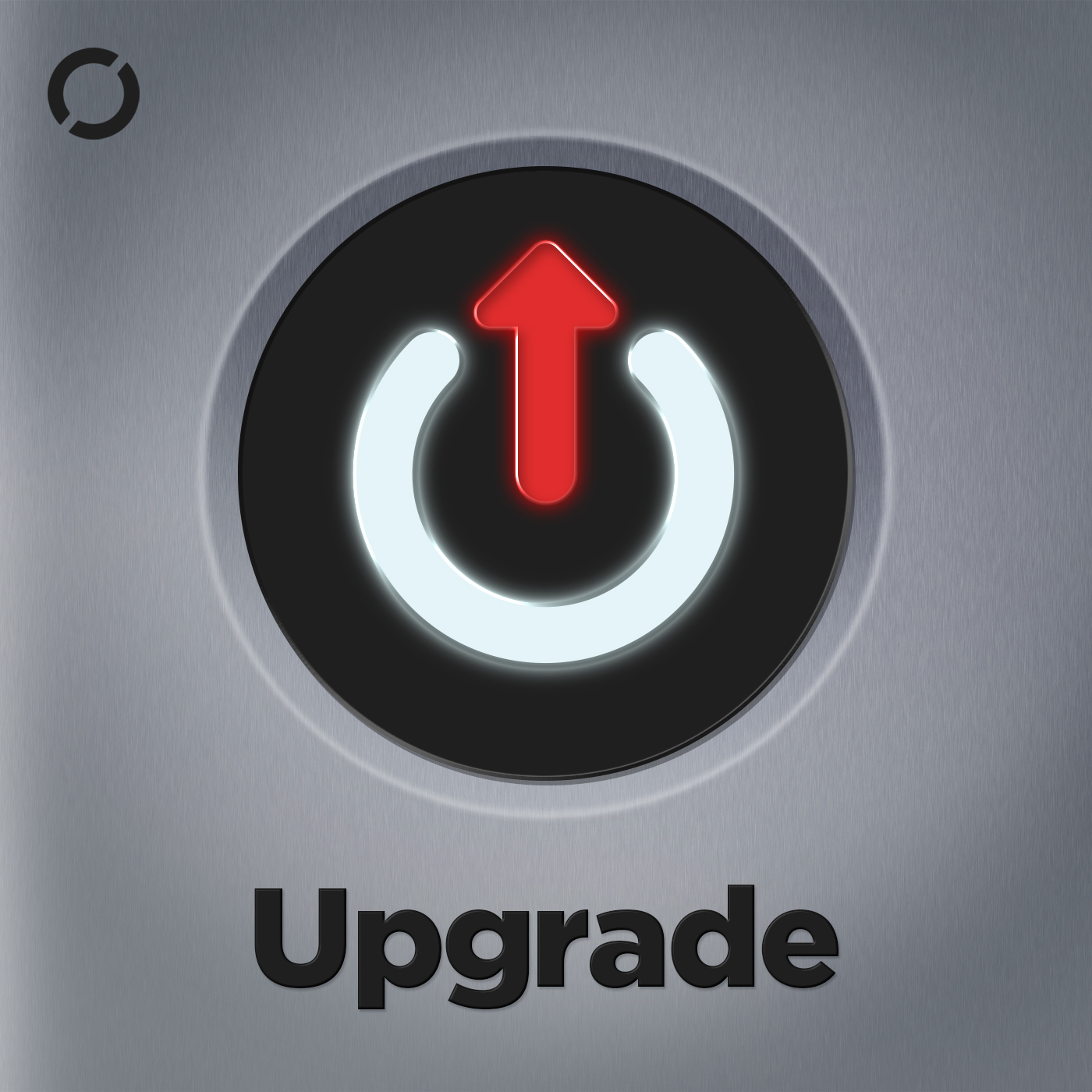
Upgrade
Relay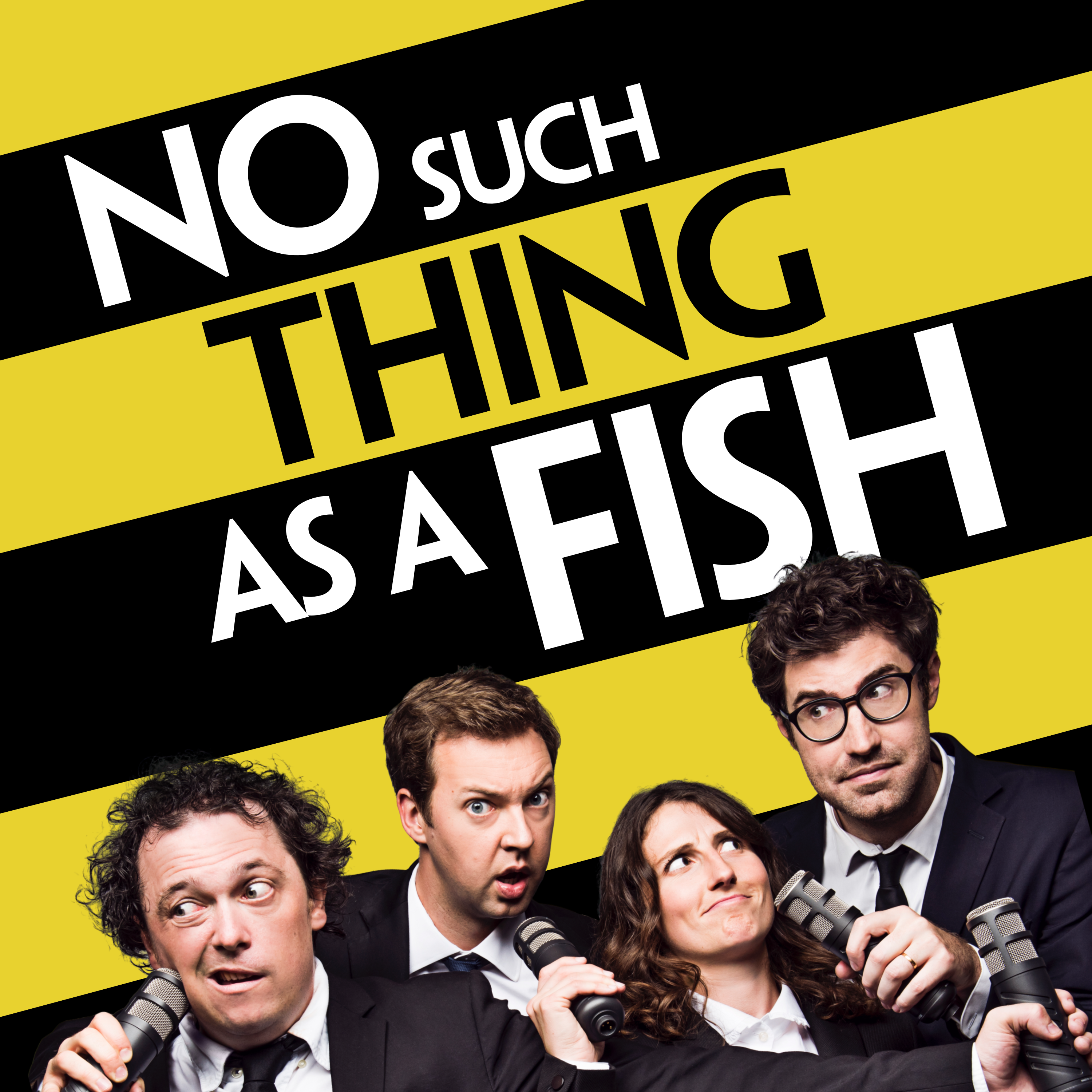
No Such Thing As A Fish
No Such Thing As A Fish
We Can Be Weirdos
Global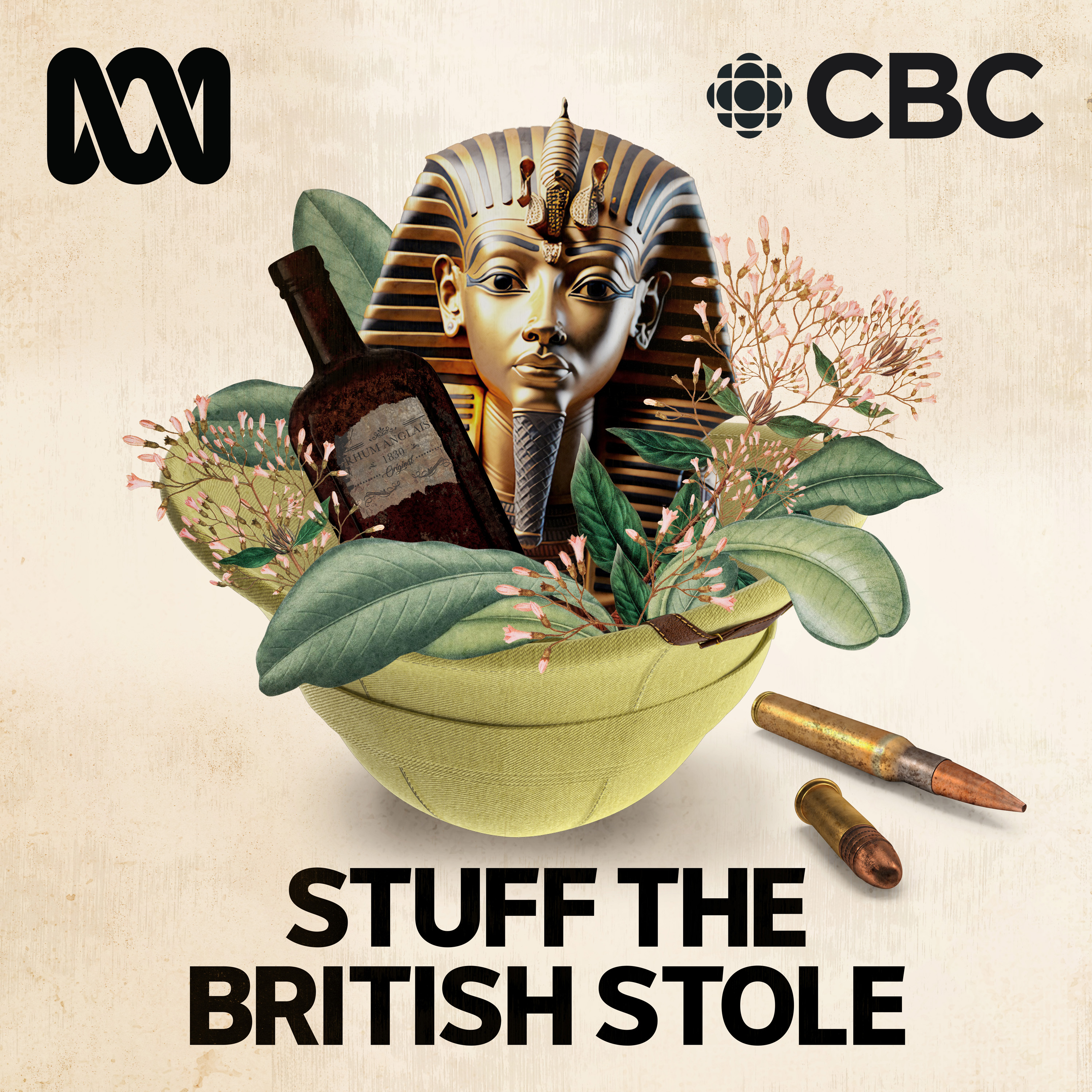
Stuff The British Stole
ABC and CBC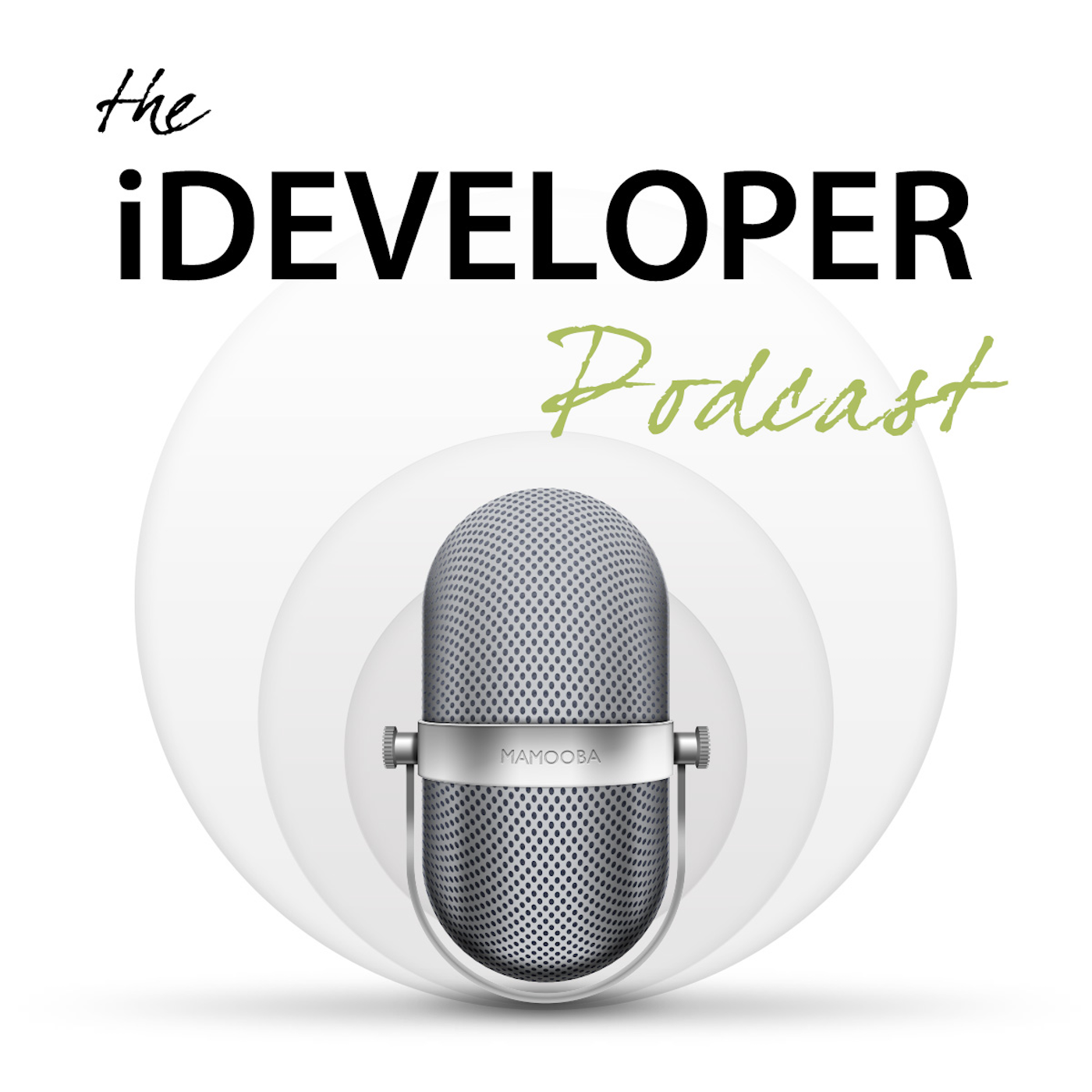
The iDeveloper Podcast
Steve Scott (Scotty) & John FoxRaven On: A Pop Culture Podcast
Natalie Bochenski & Stuart Layt
Smart Enough to Know Better
Dan Beeston & Greg Wah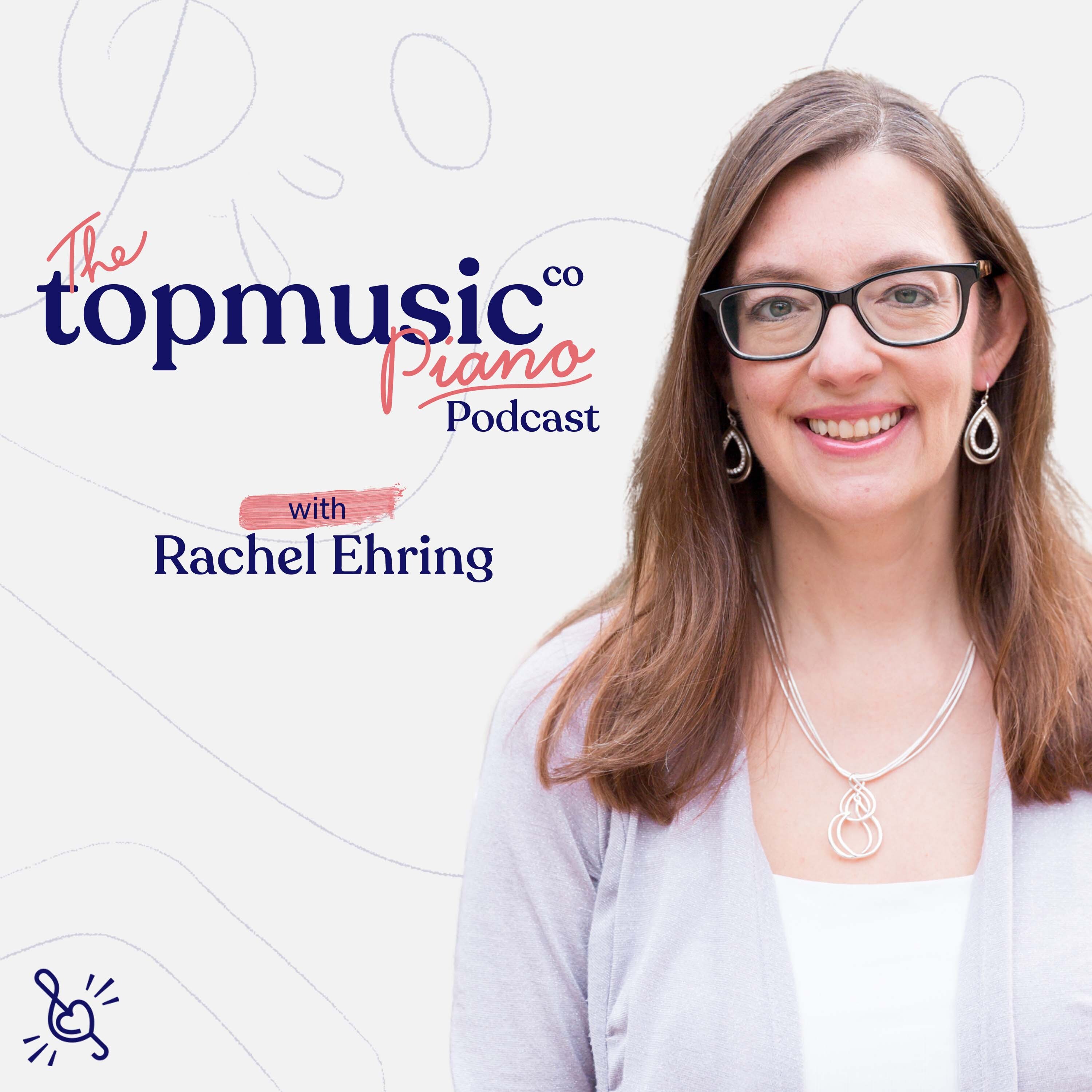
TopMusic Piano Podcast
Tim Topham
The Chopin Podcast
Garrick Ohlsson and Ben Laude
